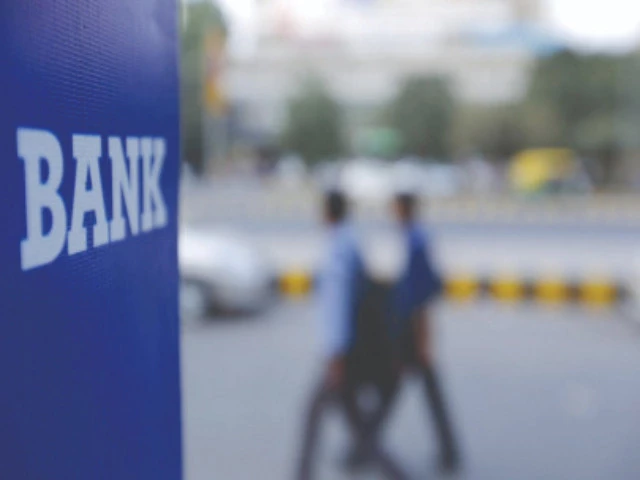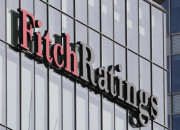Lending to govt hits record high
IDR reaches 103%, even exceeding bank deposits, starving private sector

At first glance, Pakistan's economy appears to be on the path to recovery, macro indicators are stabilising, and optimism is cautiously returning. But a closer look reveals that many of the country's deep-rooted structural problems remain unresolved. One such issue is the Investment-to-Deposit Ratio (IDR), which has now reached an all-time high of 103%, even exceeding total deposits.
This means that banks are channelling the bulk of their deposits into government securities, effectively crowding out the private sector, the true engine of sustainable economic growth. While this trend may bolster short-term bank profitability and fiscal financing, it raises serious concerns about the long-term health of the real economy, which depends on private sector credit to drive investment, innovation, and job creation.
Pakistan is bound by restrictions imposed by the International Monetary Fund (IMF), which prohibits the government from directly borrowing from the State Bank of Pakistan (SBP) through money printing. This measure is aimed at curbing unchecked monetary expansion, which fuels inflation and undermines economic stability.
In response, the government machinery, including the State Bank of Pakistan (SBP), has resorted to injecting massive liquidity into private banks through Open Market Operations (OMOs), recently reaching an unprecedented Rs14 trillion. This level of intervention is extraordinary, especially when compared to peer economies. The injected funds are then funnelled into government securities, creating a self-serving loop: banks earn risk-free profits by lending to the government, while the government avoids borrowing directly from the SBP. This cycle not only enriches a few without exposing them to market risks but also starves the real economy of credit, depriving millions of people and businesses of the economic opportunities they desperately need.
"As of June 2025, the Investment-to-Deposit Ratio (IDR) reached 103%, up 608bps YoY, indicating that banks have invested more than their total deposits — highlighting a tilt towards government papers rather than private sector lending," noted Deputy Head of Trading at Arif Habib Ltd, Ali Najib.
This means that banks have now invested more than their total deposits, a clear indication that they are increasingly favouring risk-free government securities over lending to the private sector. The trend underscores a cautious stance amid ongoing economic uncertainty.
During the same period, total deposits rose by 14.1% year-on-year to Rs35.5 trillion, while bank investments surged by 21.2% to Rs36.6 trillion. In contrast, advances increased by only 8.7%, reaching Rs13.5 trillion, indicating a slower pace of credit expansion. This divergence in growth has led to a decline in the Advance-to-Deposit Ratio (ADR) to 38.1%, down from 40.0% a year earlier and 39.8% in May 2025. The decline in ADR highlights banks' reluctance to lend aggressively, partly due to concerns about borrower creditworthiness, regulatory constraints, or a lack of demand from the private sector — but mainly due to the fact that when there is a safe avenue, why would anybody take the risk?
Looking ahead, the banking sector is expected to remain stable, according to AHL, supported by rising deposit inflows and strong earnings from government-backed investments. However, the continued preference for investment over lending could constrain private sector growth and job creation, unless broader macroeconomic stability and investor confidence are restored. Experts suggest that the central bank and policymakers may need to revisit regulatory and fiscal measures to encourage more balanced credit allocation across the economy.


















COMMENTS
Comments are moderated and generally will be posted if they are on-topic and not abusive.
For more information, please see our Comments FAQ